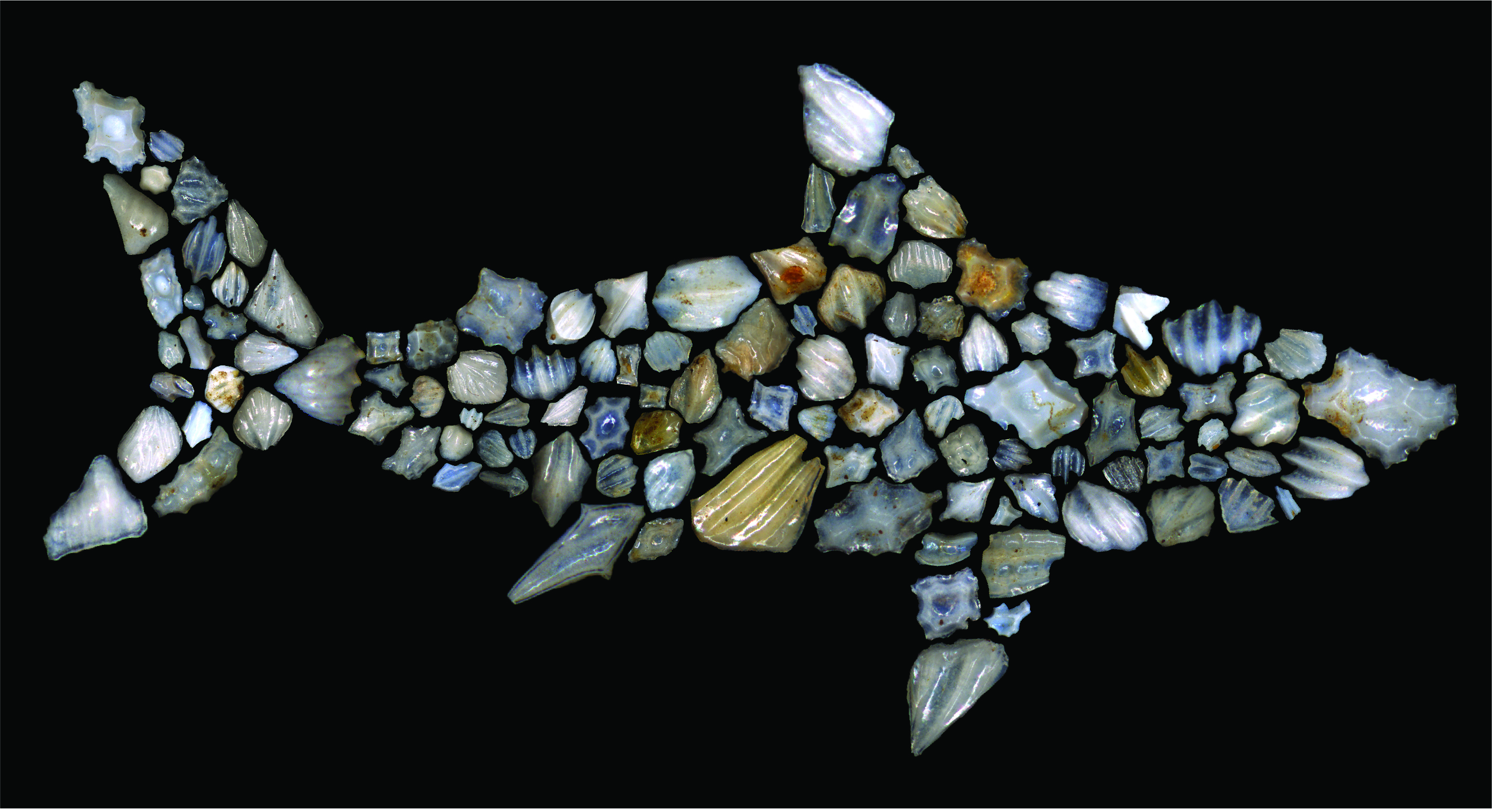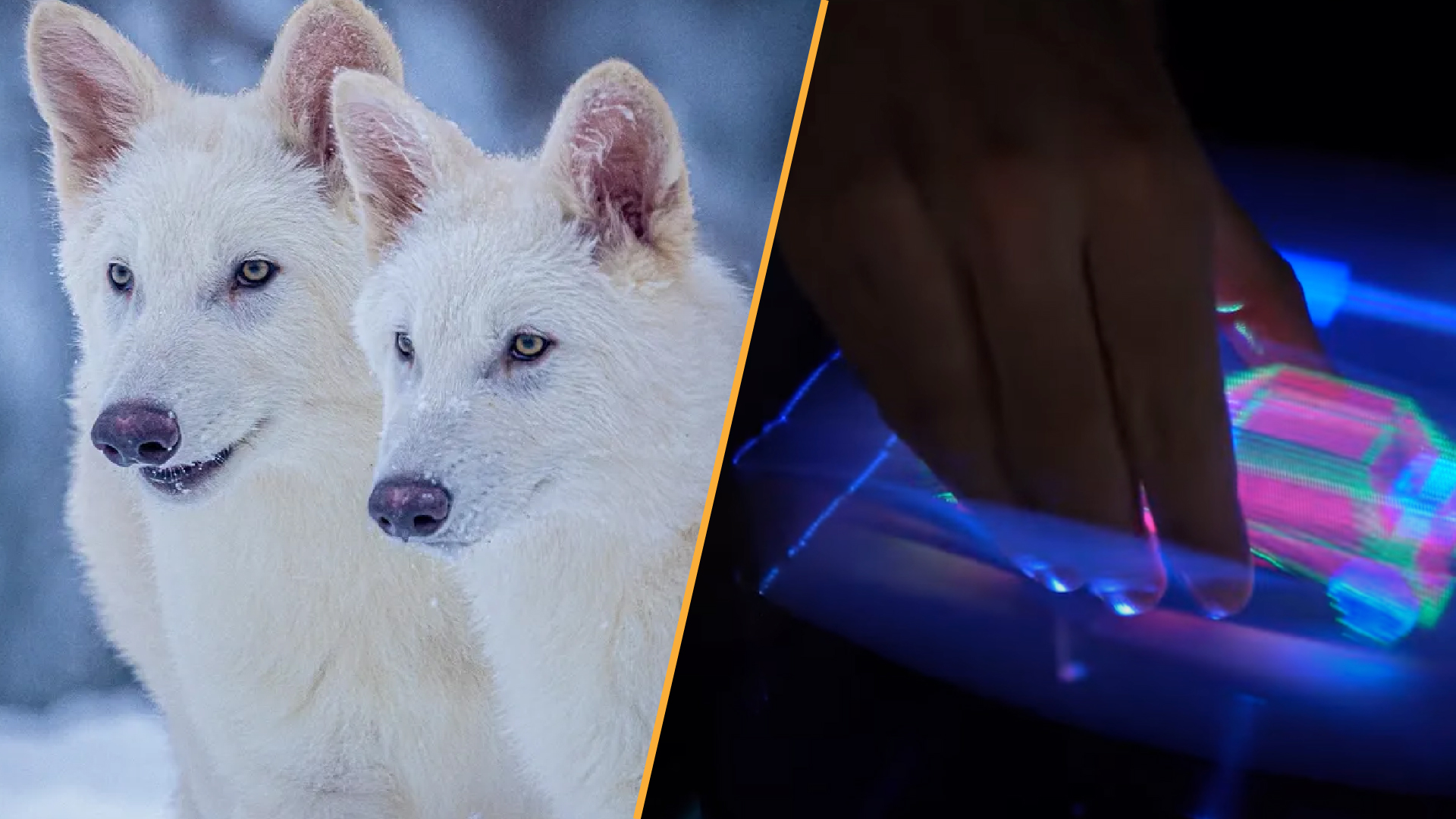
Yasemin Saplakoglu
Yasemin is a staff writer at Live Science, covering health, neuroscience and biology. Her work has appeared in Scientific American, Science and the San Jose Mercury News. She has a bachelor's degree in biomedical engineering from the University of Connecticut and a graduate certificate in science communication from the University of California, Santa Cruz.
Latest articles by Yasemin Saplakoglu

The real reason CDC is updating their mask guidelines
By Yasemin Saplakoglu published
On Tuesday (July 27), the Centers for Disease Control and Prevention updated their coronavirus mask guidelines. Here's why.

CDC expected to revise coronavirus mask guidance as delta spreads
By Yasemin Saplakoglu published
The announcement will likely be that people who live in areas with high or substantial COVID-19 transmission should start wearing masks again.

We may finally know why the delta variant of coronavirus is so infectious
By Yasemin Saplakoglu published
People infected with the delta variant of the novel coronavirus may be carrying more than a thousand times more virus particles, according to an early new study.

Delta variant now makes up 83% of new COVID-19 cases in US
By Yasemin Saplakoglu published
The delta variant now makes up 83% of new U.S. cases, Dr. Rochelle Walensky, the director of the Centers for Disease Control and Prevention said on Tuesday (July 20).

What is SARS-CoV-2's original reservoir?
By Yasemin Saplakoglu published
We may not know what animal SARS-CoV-2 came from, but similar viruses circulate in bats.

Do you need a COVID-19 booster vaccine to prevent delta variant?
By Yasemin Saplakoglu published
People who are fully vaccinated against COVID-19 in the U.S. are strongly protected against the delta variant of the coronavirus, and do not need booster shots yet, according to experts.
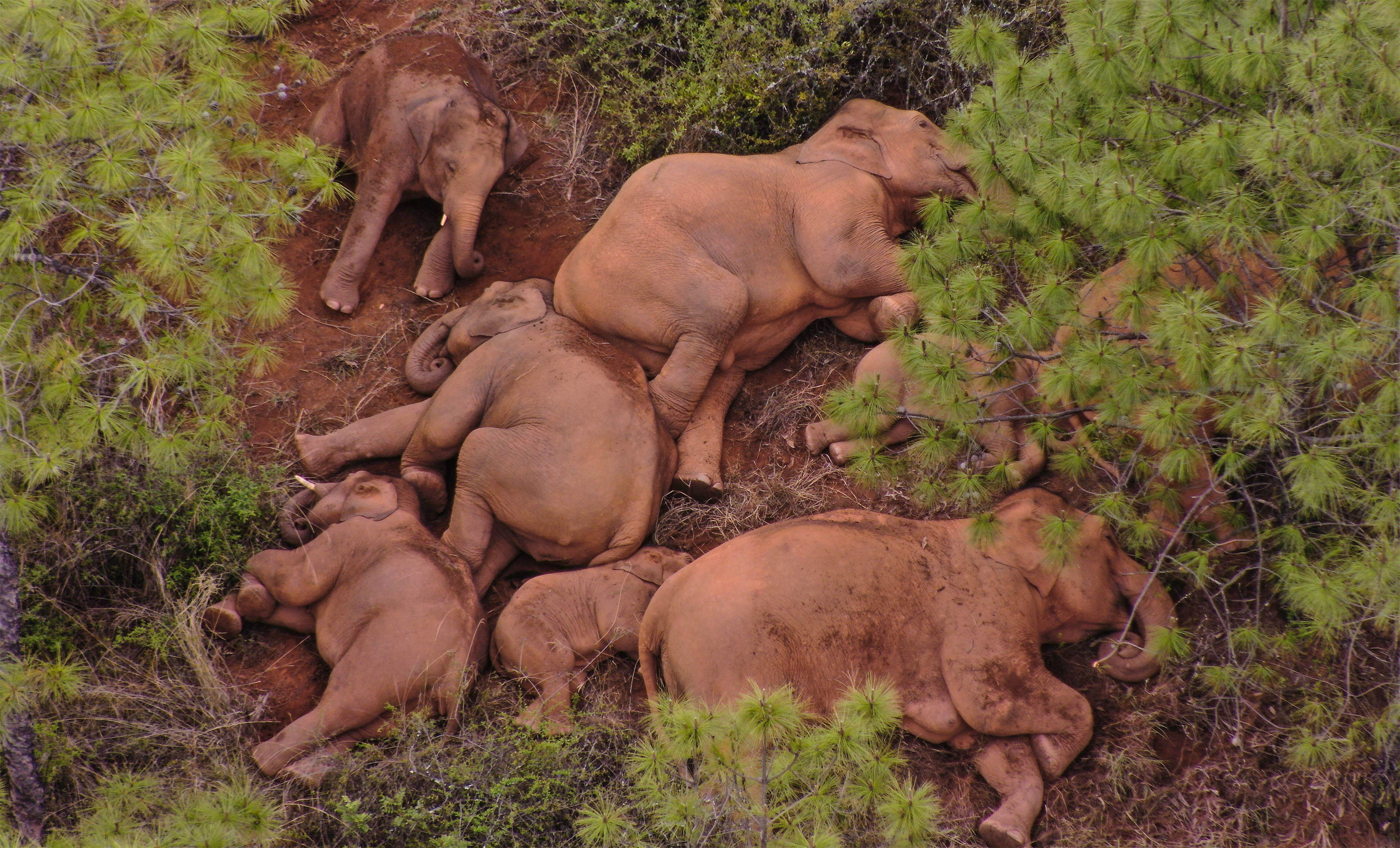
Baby elephant abandoned by internet-famous herd has been rescued
By Yasemin Saplakoglu published
An injured baby elephant that was abandoned by its herd in China has been rescued by a local animal rescue group, according to recent news reports.

Could poop transplants help treat COVID-19?
By Yasemin Saplakoglu published
Poop transplants may have helped two patients with risk factors avoid severe COVID-19, a new case report suggests.
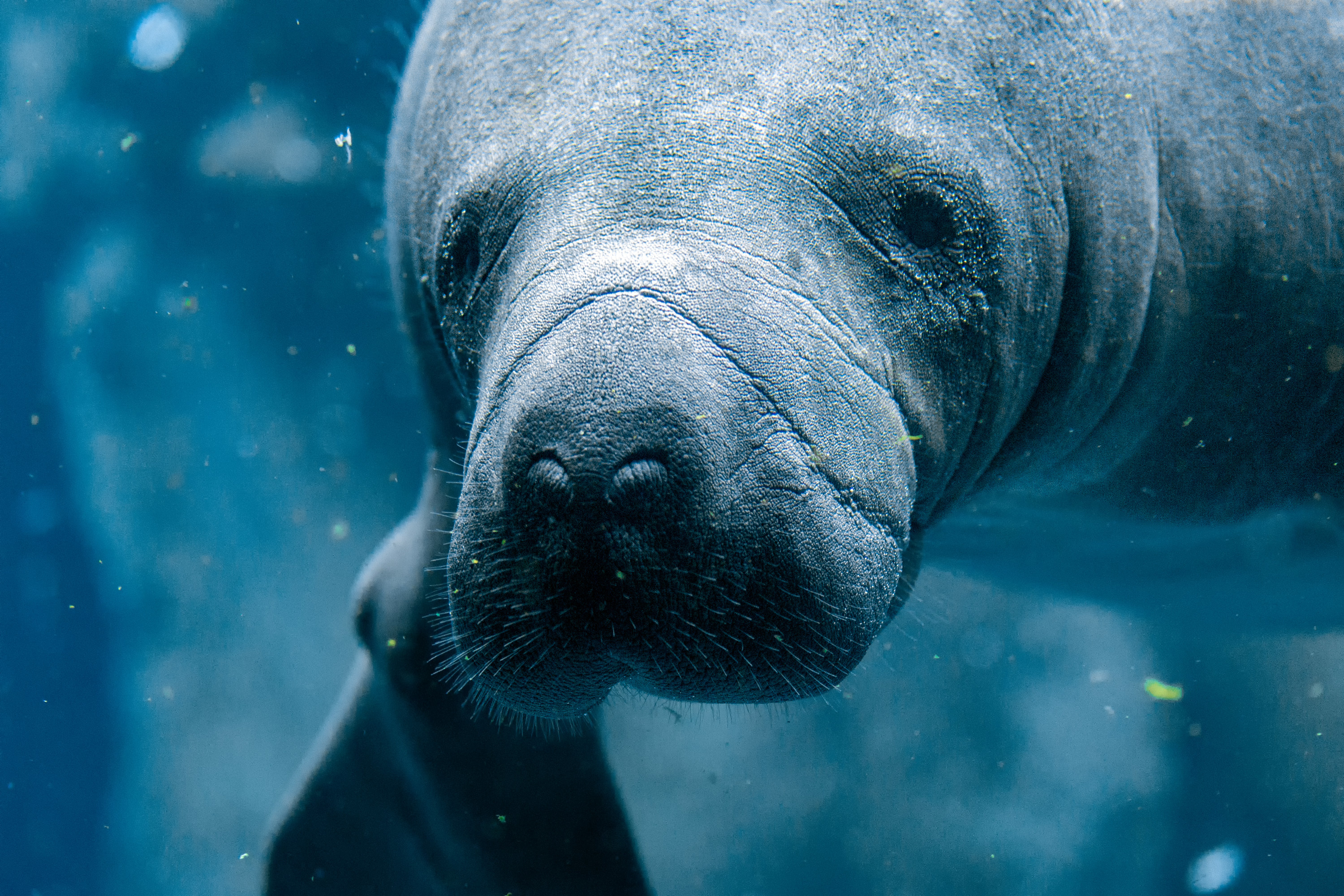
Manatees are dying in record numbers in Florida
By Yasemin Saplakoglu published
Between Jan. 1 and July 2, 841 manatees died near and off the coast of Florida, a record-breaking number.

FDA to announce new warning for J&J vaccine after cases of rare autoimmune disorder
By Yasemin Saplakoglu published
Around 100 cases of Guillain-Barré have been reported in people who received the J&J vaccine.

Johnson & Johnson says COVID-19 vaccine protects against delta variant
By Yasemin Saplakoglu published
The Johnson & Johnson COVID-19 vaccine is highly effective against the highly transmissible delta variant, the company announced.

Respiratory virus spreads in the southern US
By Yasemin Saplakoglu published
Parts of the southern U.S. are seeing off-season spikes in a respiratory virus called RSV, public health experts warn.
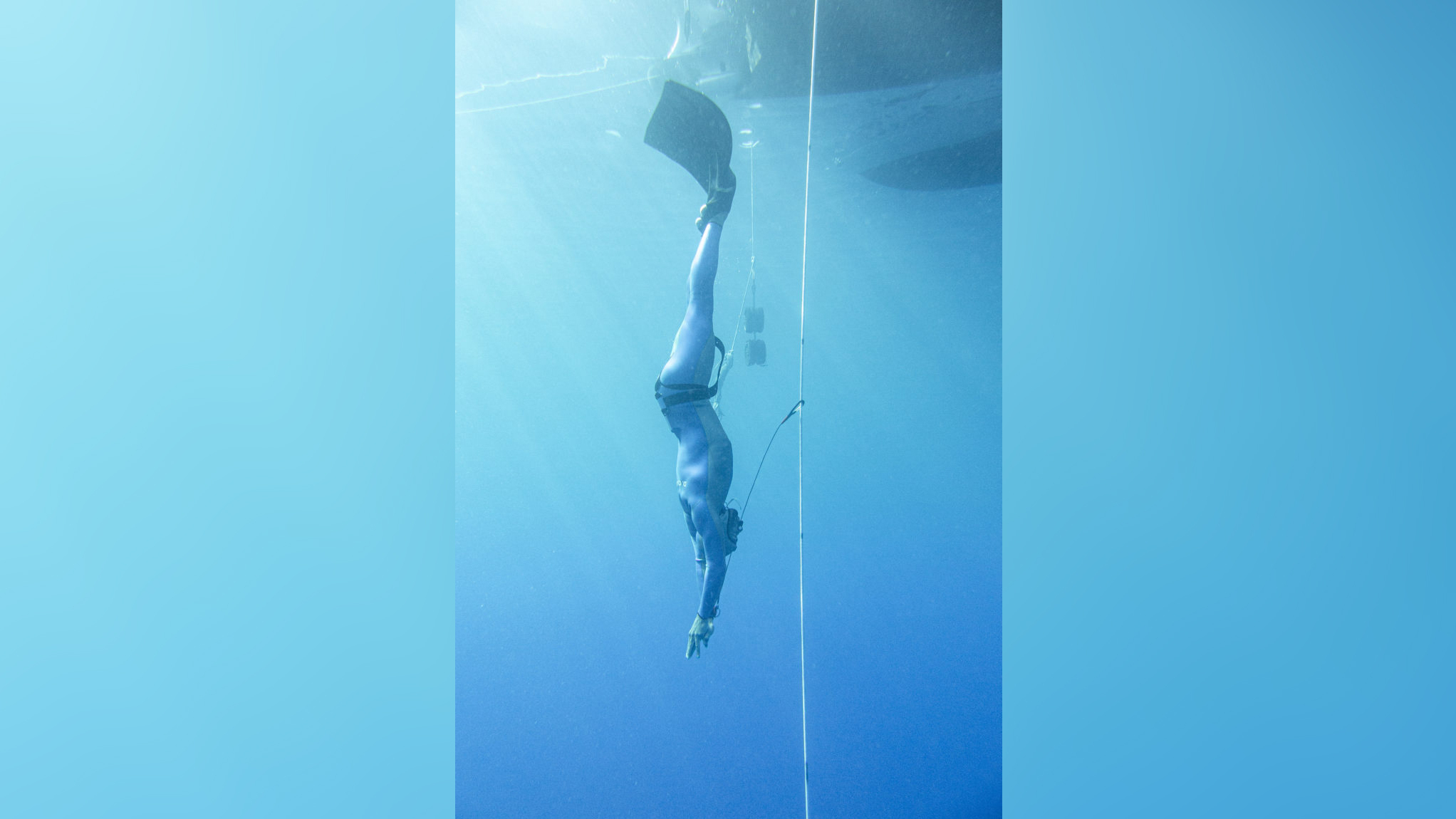
Free divers' heart rates can drop as low as 11 beats per minute
By Yasemin Saplakoglu published
The world's best free divers can survive brain oxygen levels lower than those found in seals, according to a new study.

Pfizer and Moderna vaccines may provide years of protection from COVID-19
By Yasemin Saplakoglu published
The mRNA vaccines will likely provide protection against the coronavirus for years if it doesn't evolve significantly, a small new study suggests.
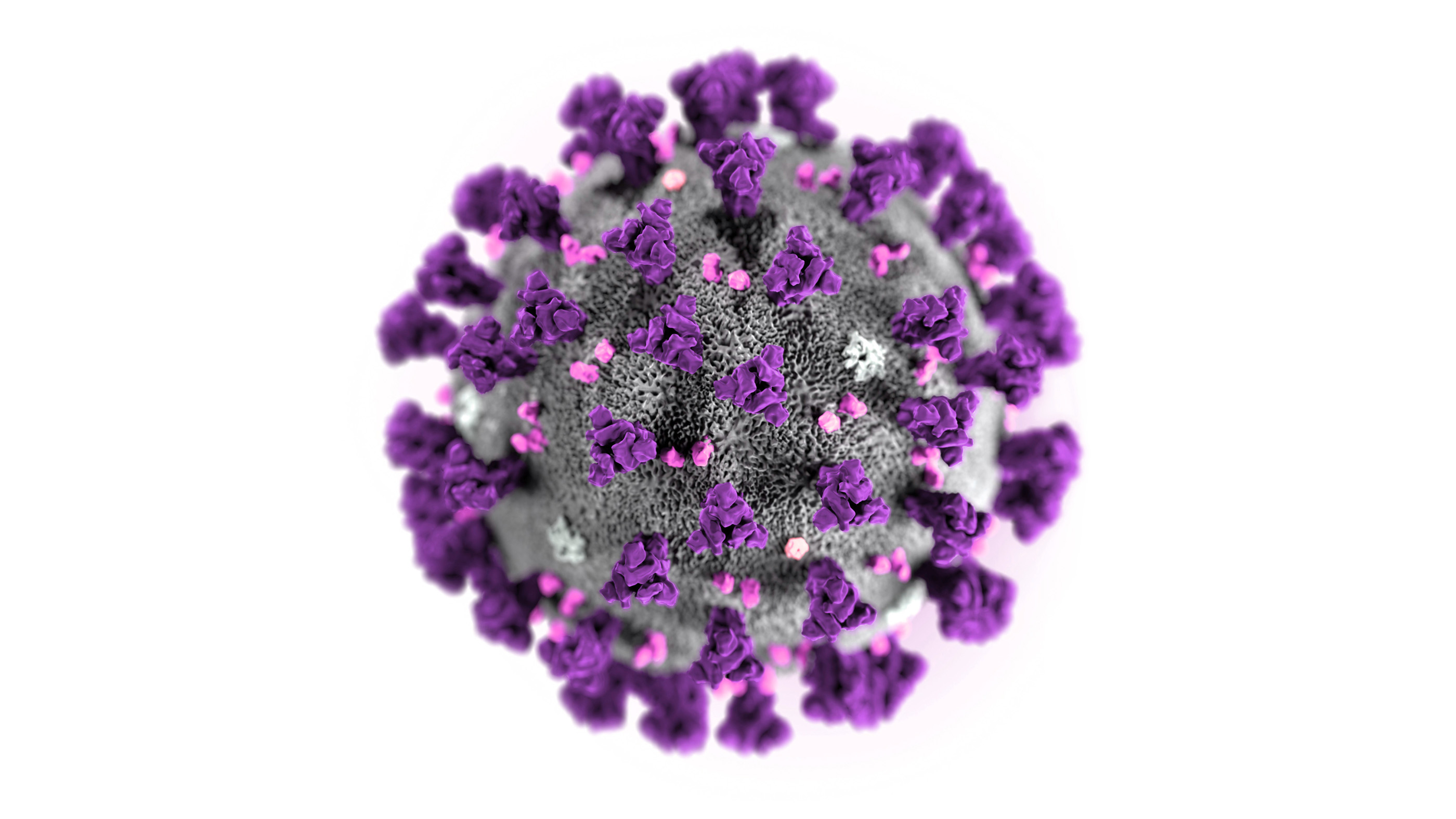
Fauci says delta variant is the 'greatest threat' in our fight against COVID-19. Why?
By Yasemin Saplakoglu published
A highly transmissible SARS-CoV-2 variant called "delta" has spread to nearly 100 countries around the world, including to the U.S., where it's likely to soon become the dominant variant.
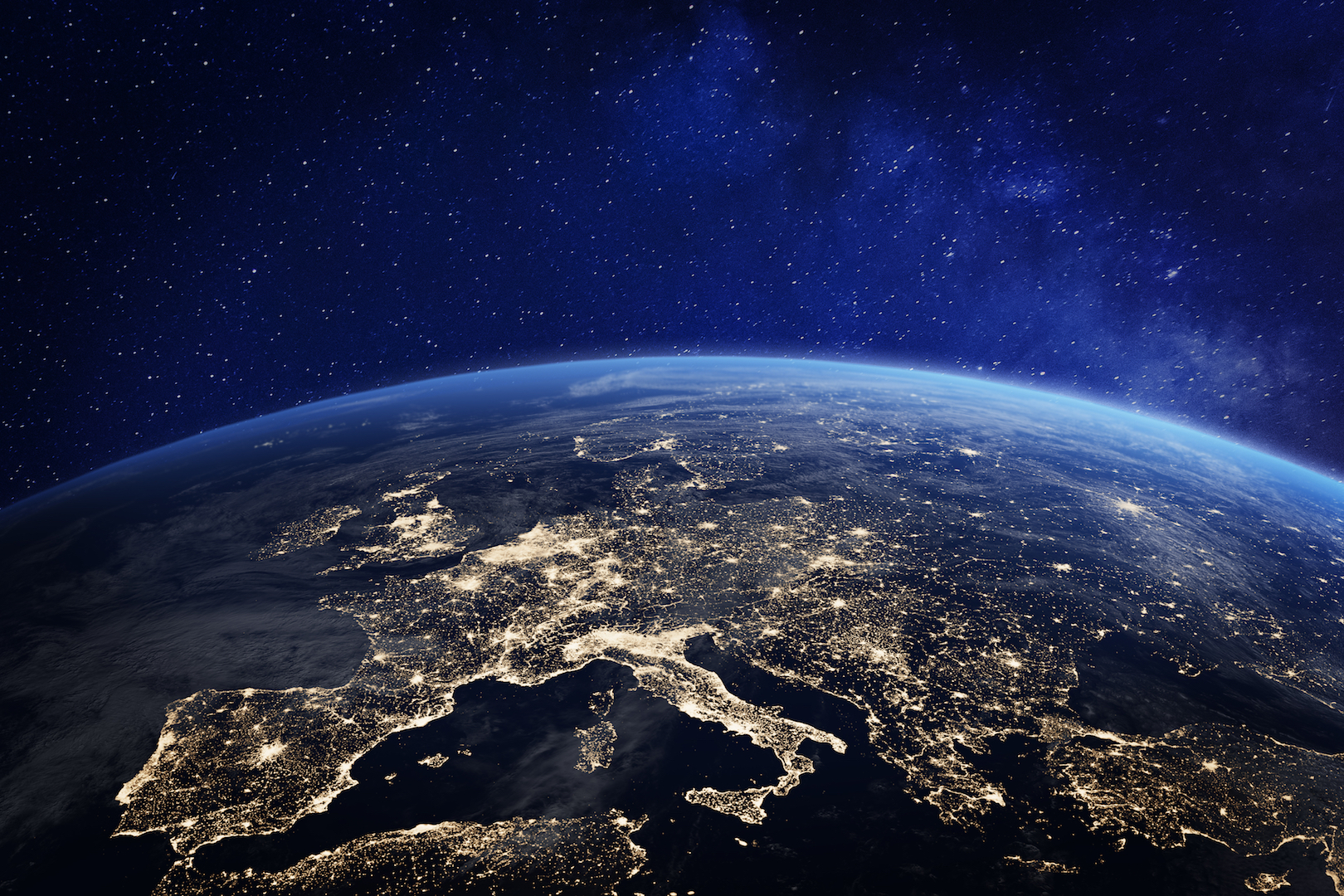
Earth has a 'pulse' of 27.5 million years
By Yasemin Saplakoglu published
Most major geological events in Earth's recent history have clustered in 27.5-million-year intervals — a pattern that scientists are now calling the "pulse of the Earth."
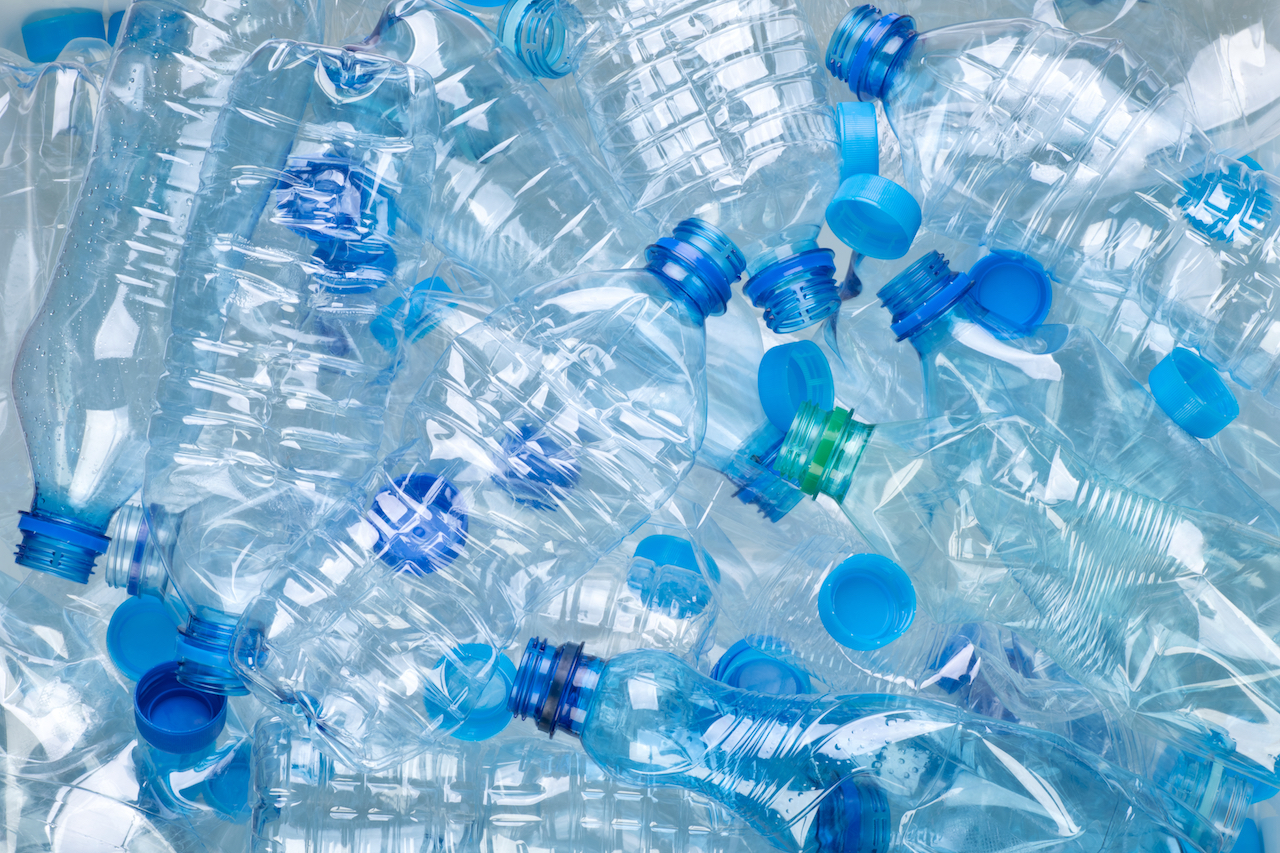
Scientists convert plastic waste into vanilla flavoring
By Yasemin Saplakoglu published
Scientists have figured out a way to convert plastic waste into vanilla flavoring with genetically engineered bacteria, according to a new study.
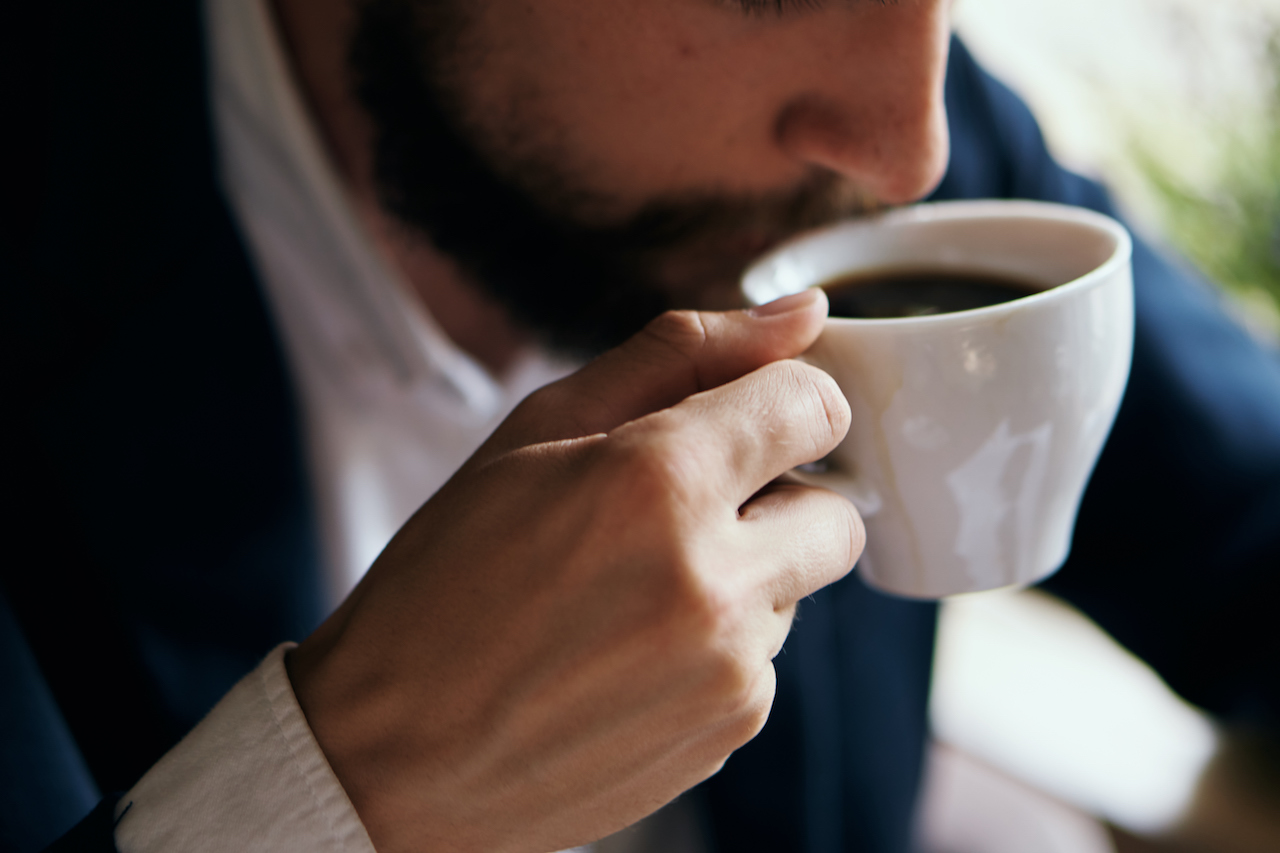
'Supertasters' may have some innate protection against COVID-19
By Yasemin Saplakoglu published
Supertasters may be less likely to become infected with, or become severely ill from COVID-19, a new study finds.
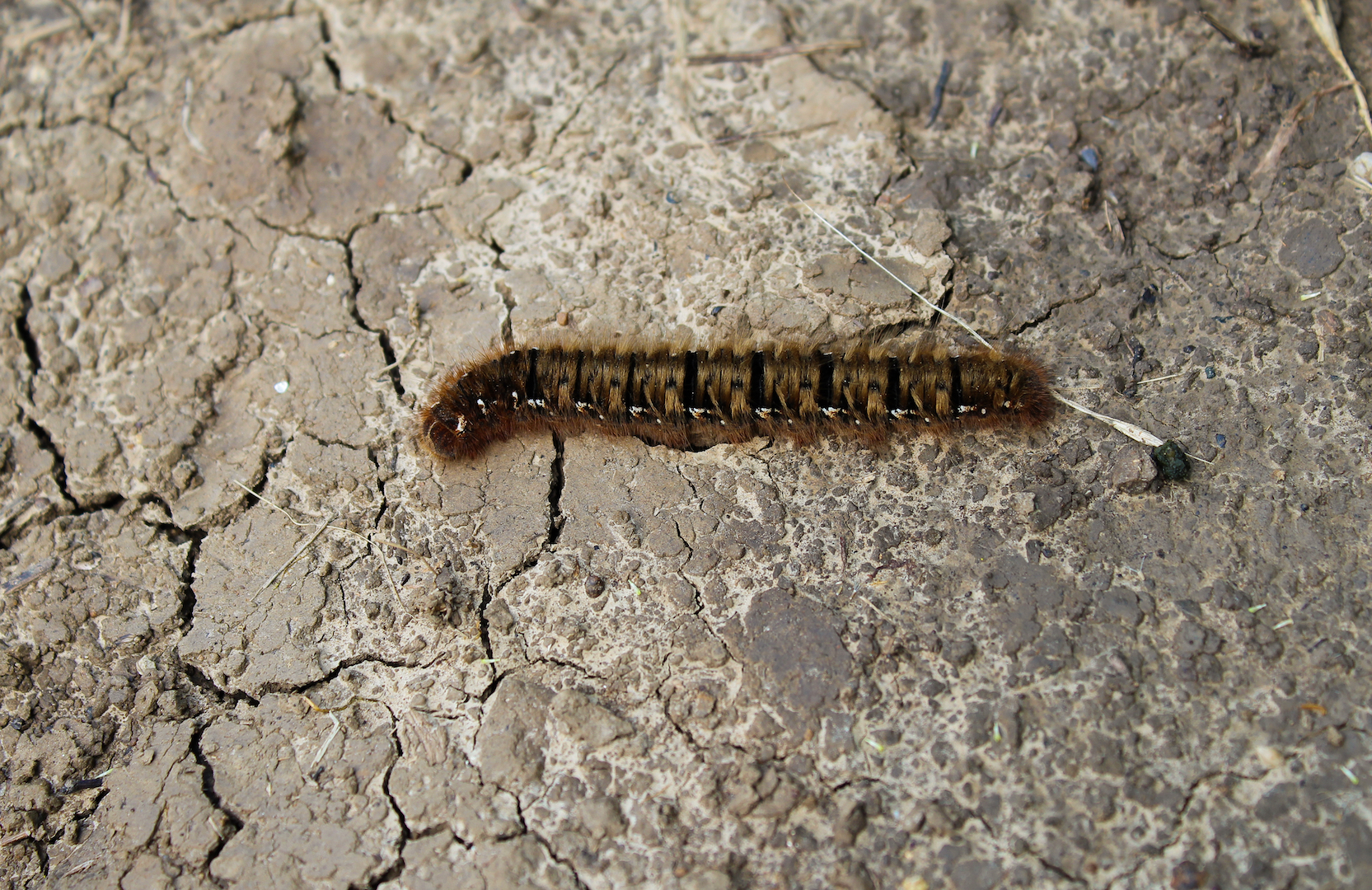
Toxic hairy caterpillars invade Maine
By Yasemin Saplakoglu published
The tiny caterpillars have thin poisonous hairs that can cause poison-ivy-like rashes and breathing problems in some people.
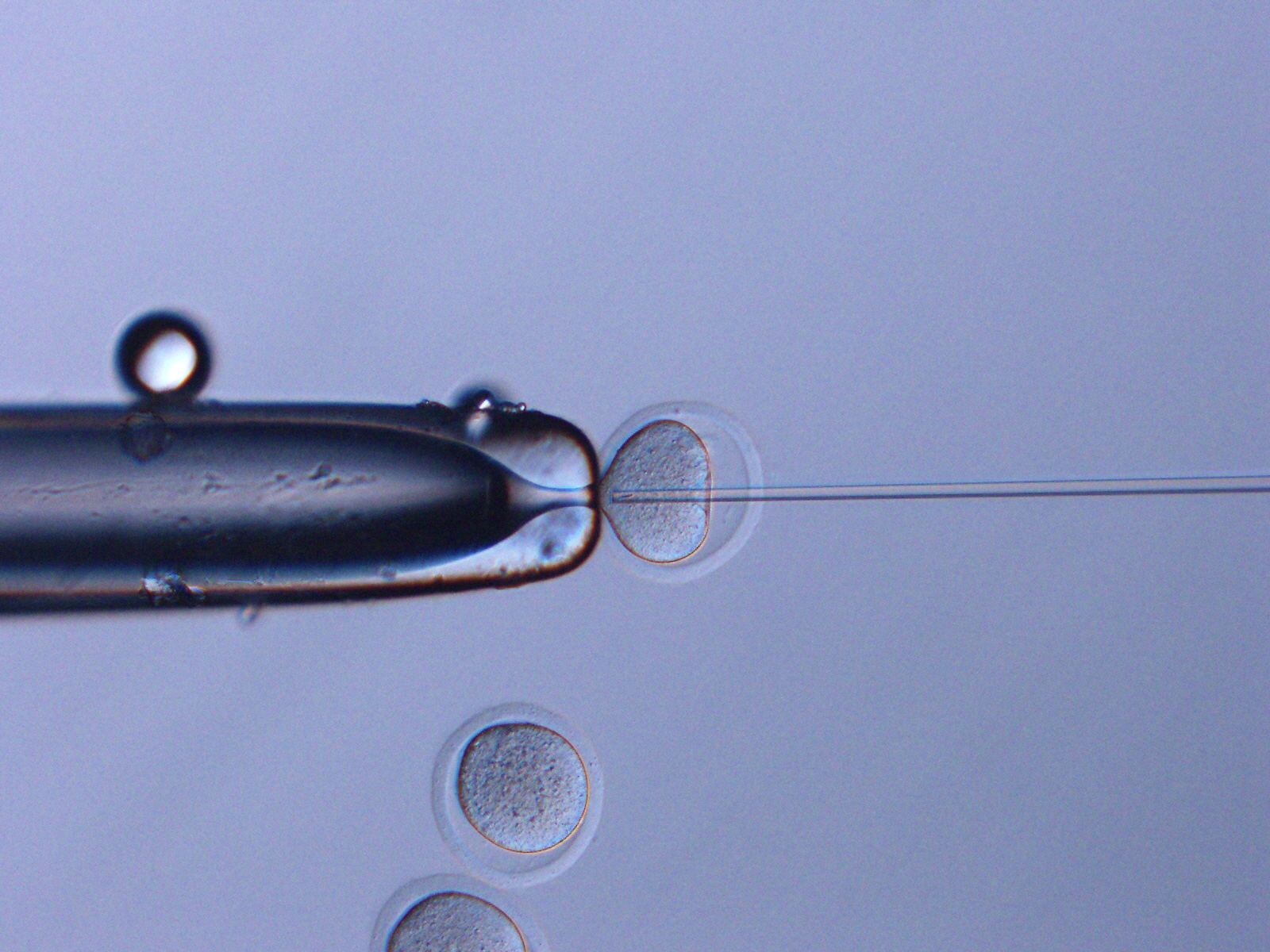
Frozen mouse sperm that spent 6 years in orbit used to conceive 8 healthy ‘space pups’
By Yasemin Saplakoglu published
Long-term storage on the International Space Station didn't cause DNA damage to freeze-dried mouse sperm.

The 'friendship paradox' doesn't always explain real friendships, mathematicians say
By Yasemin Saplakoglu published
Your friends are on average more popular than you are, according to a phenomenon known as the "friendship paradox." But it turns out, there's some nuance to that.
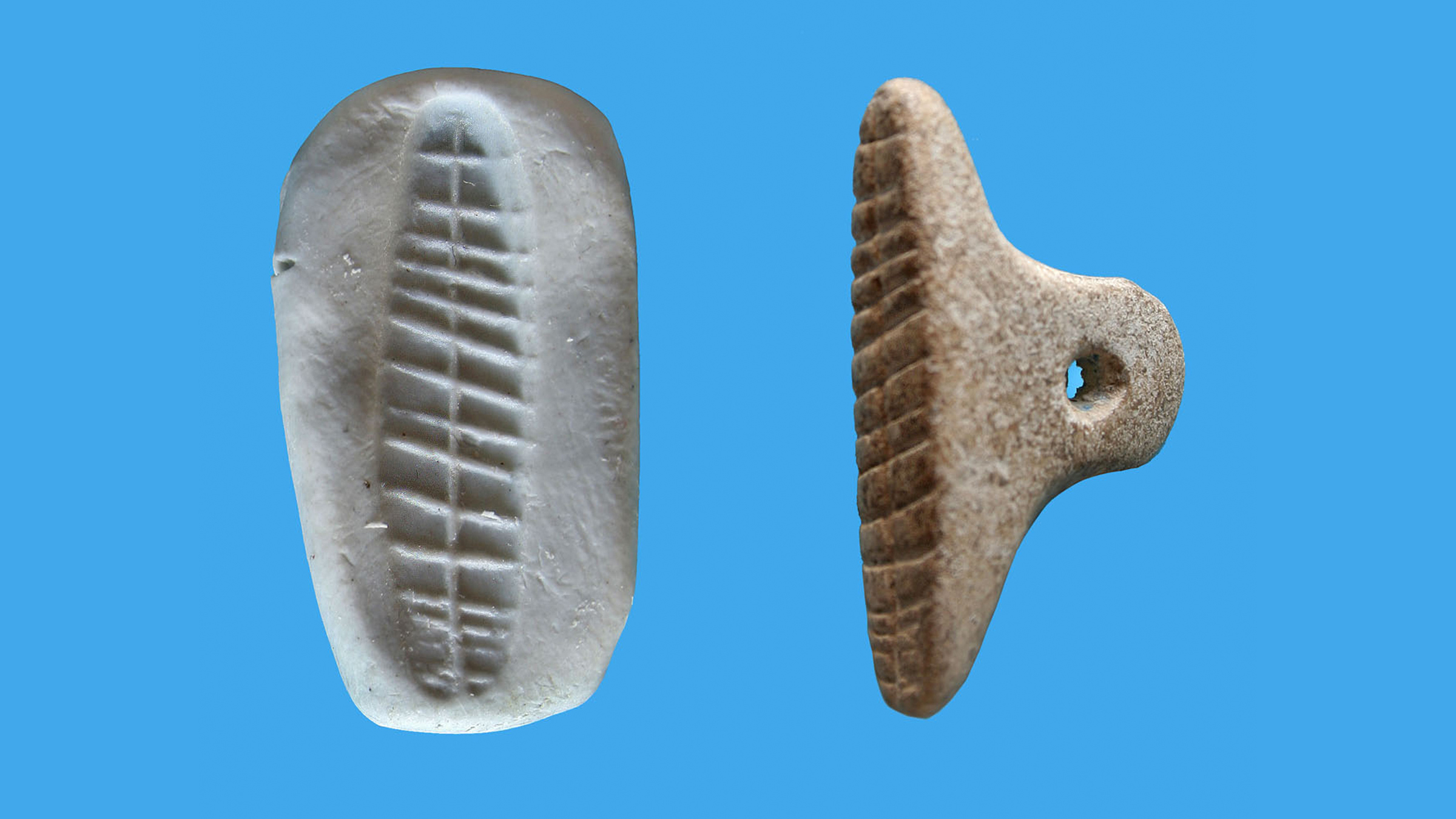
7,000-year-old letter seal found in Israel hints at ancient long-distance trade
By Yasemin Saplakoglu published
The tiny clay impression dates back 7,000 years and was likely used to seal and sign deliveries, as well as to keep storerooms closed, according to a new study.

How much does all the SARS-CoV-2 in the world weigh?
By Yasemin Saplakoglu published
If all the circulating SARS-CoV-2 particles were gathered together into one place, they would weigh somewhere between the weight of an apple and that of a young toddler.
Sign up for the Live Science daily newsletter now
Get the world’s most fascinating discoveries delivered straight to your inbox.
